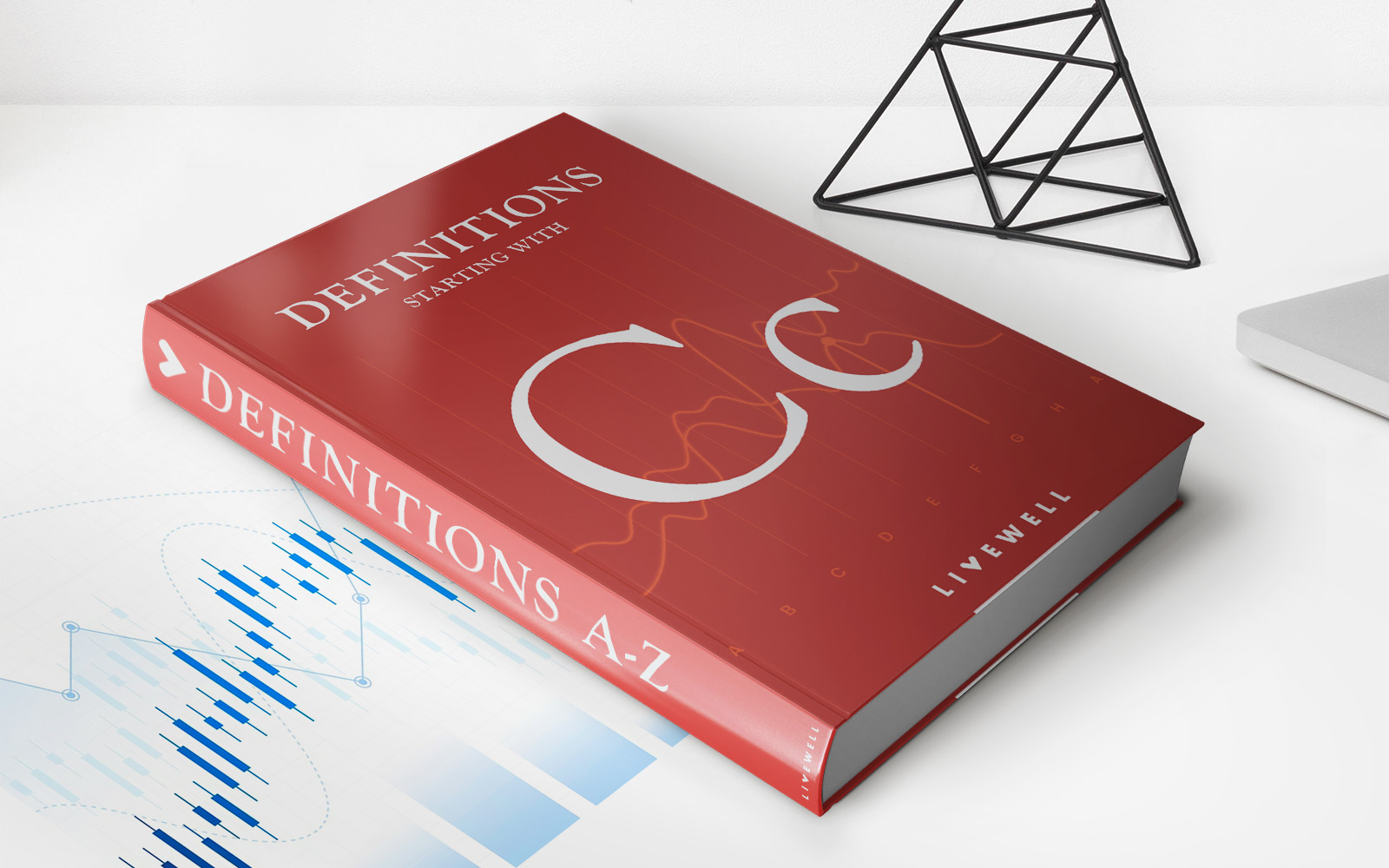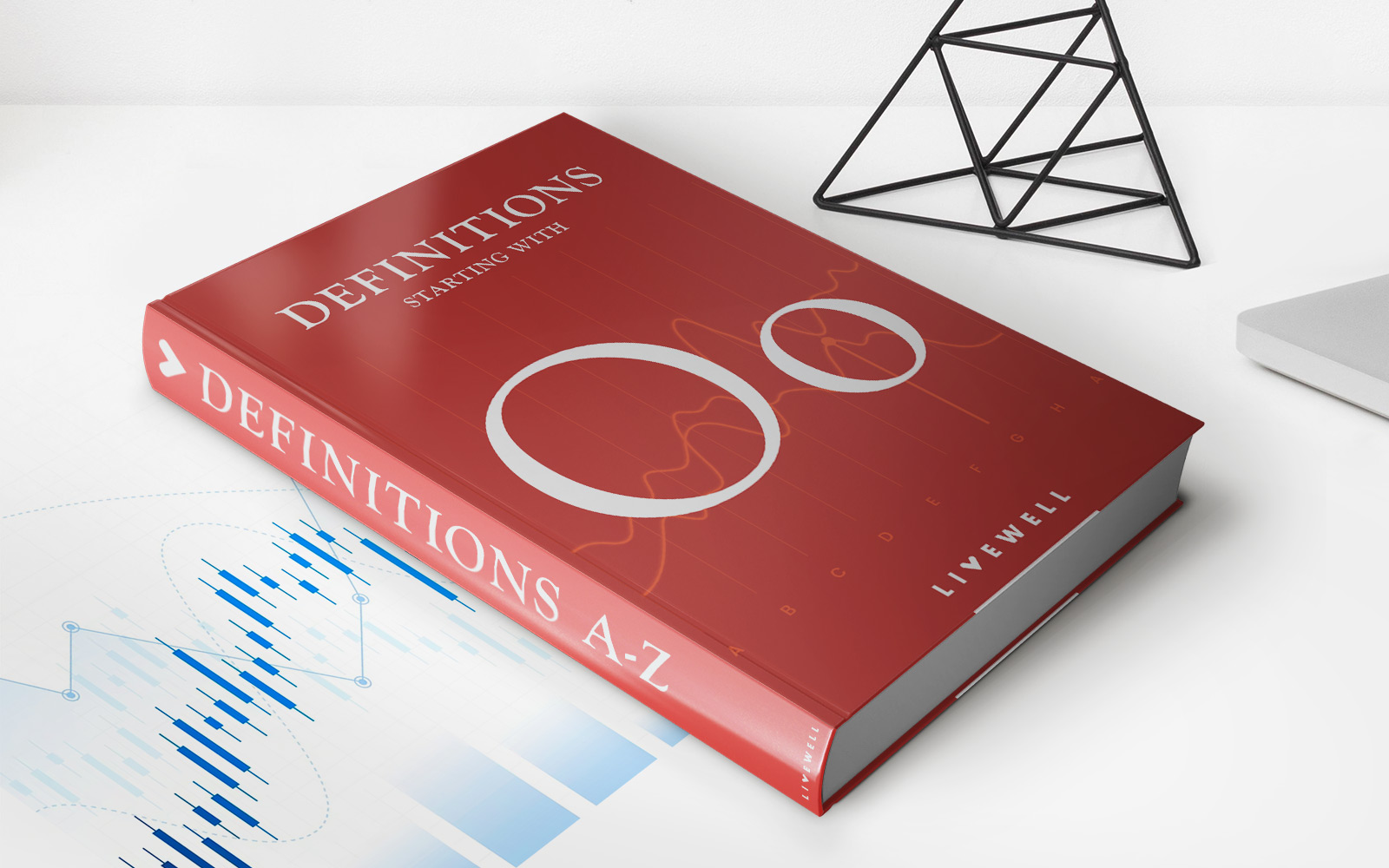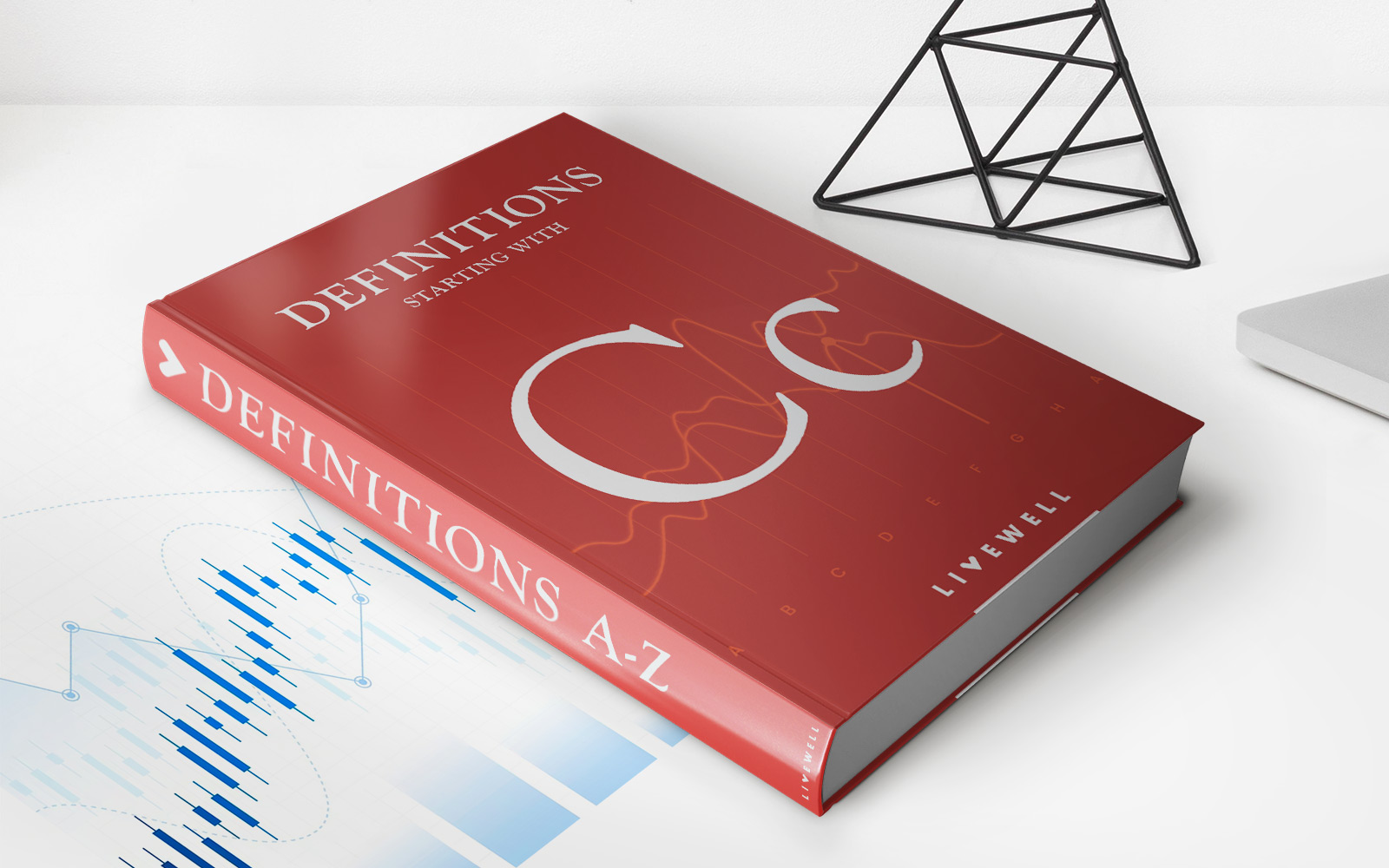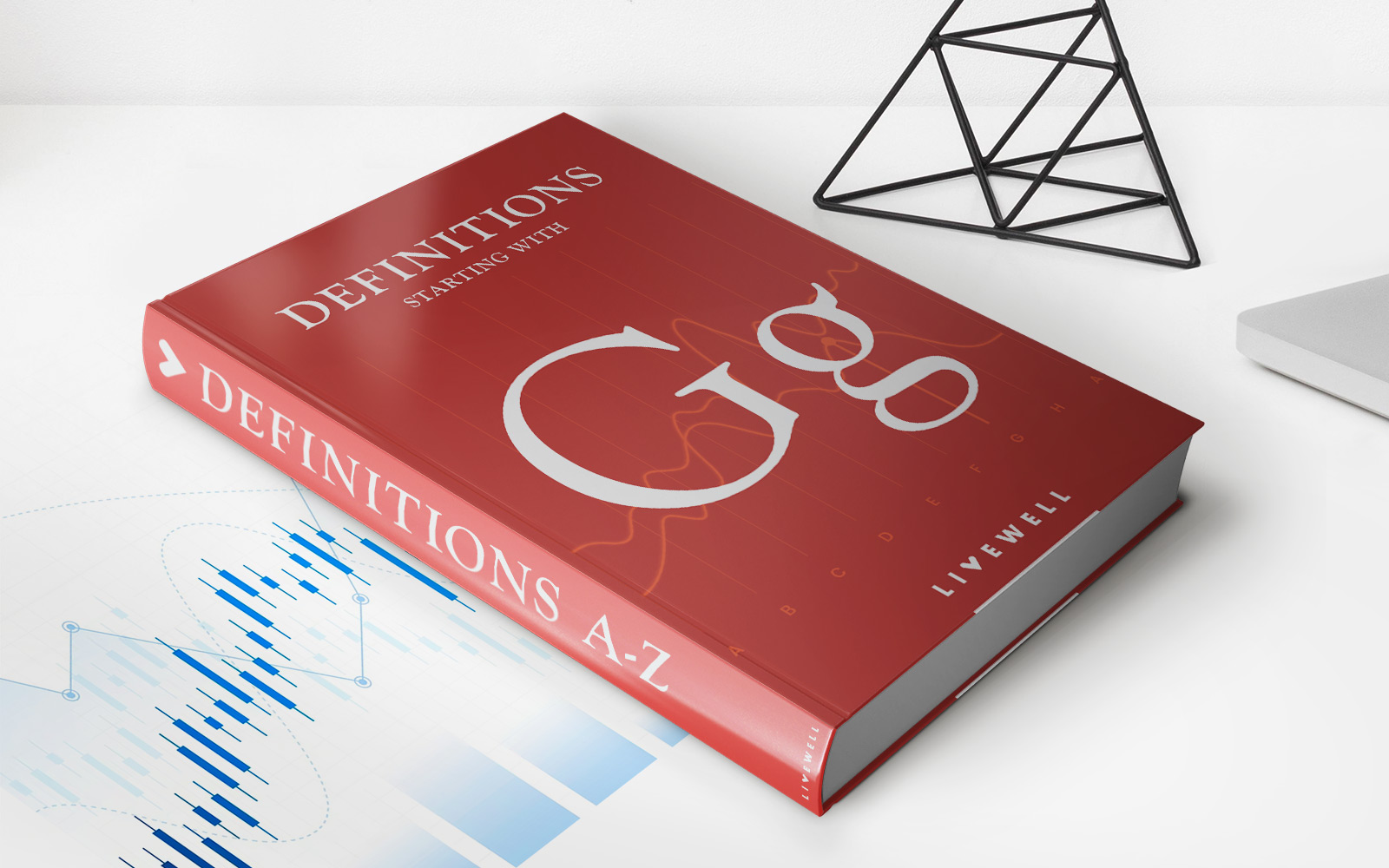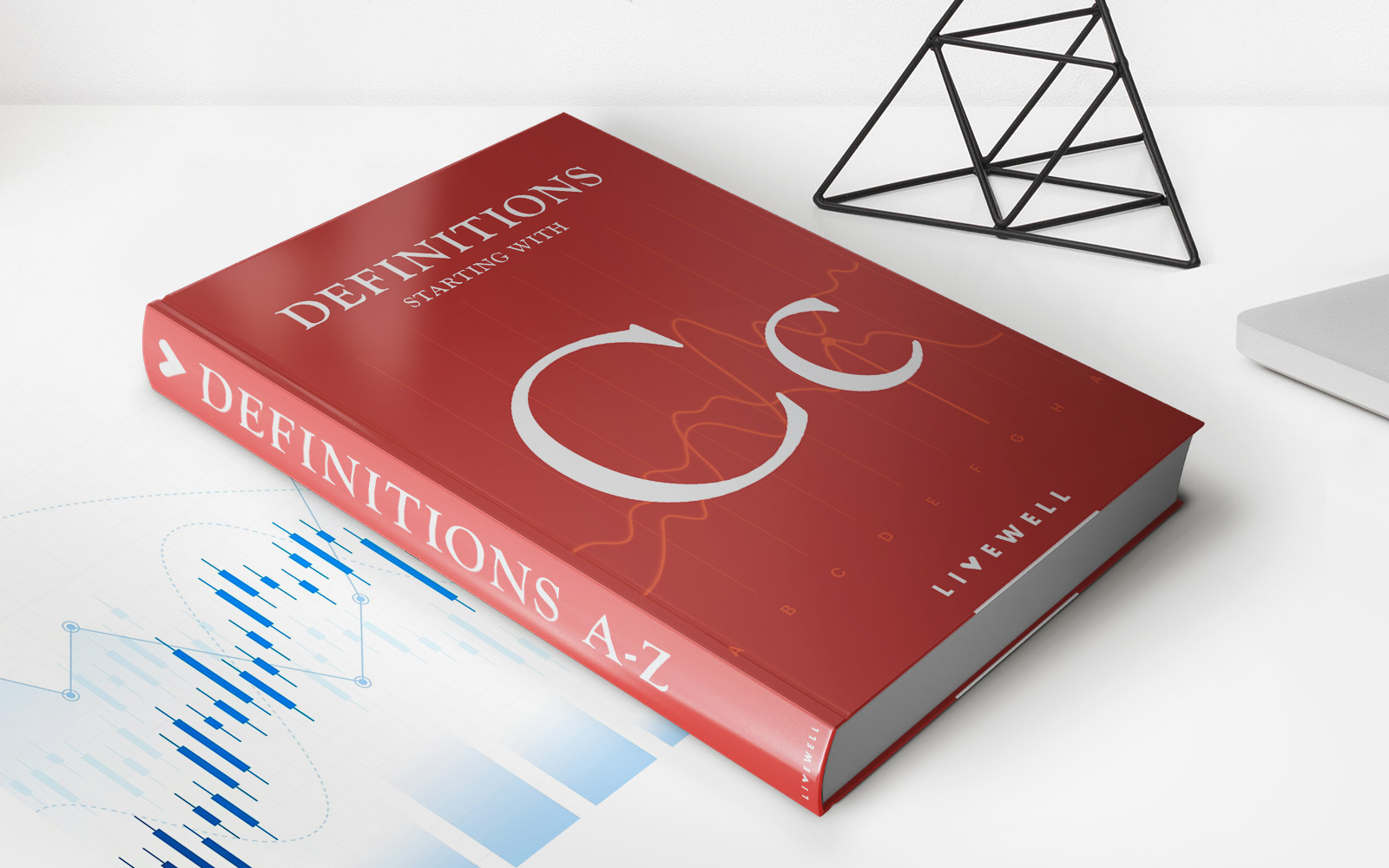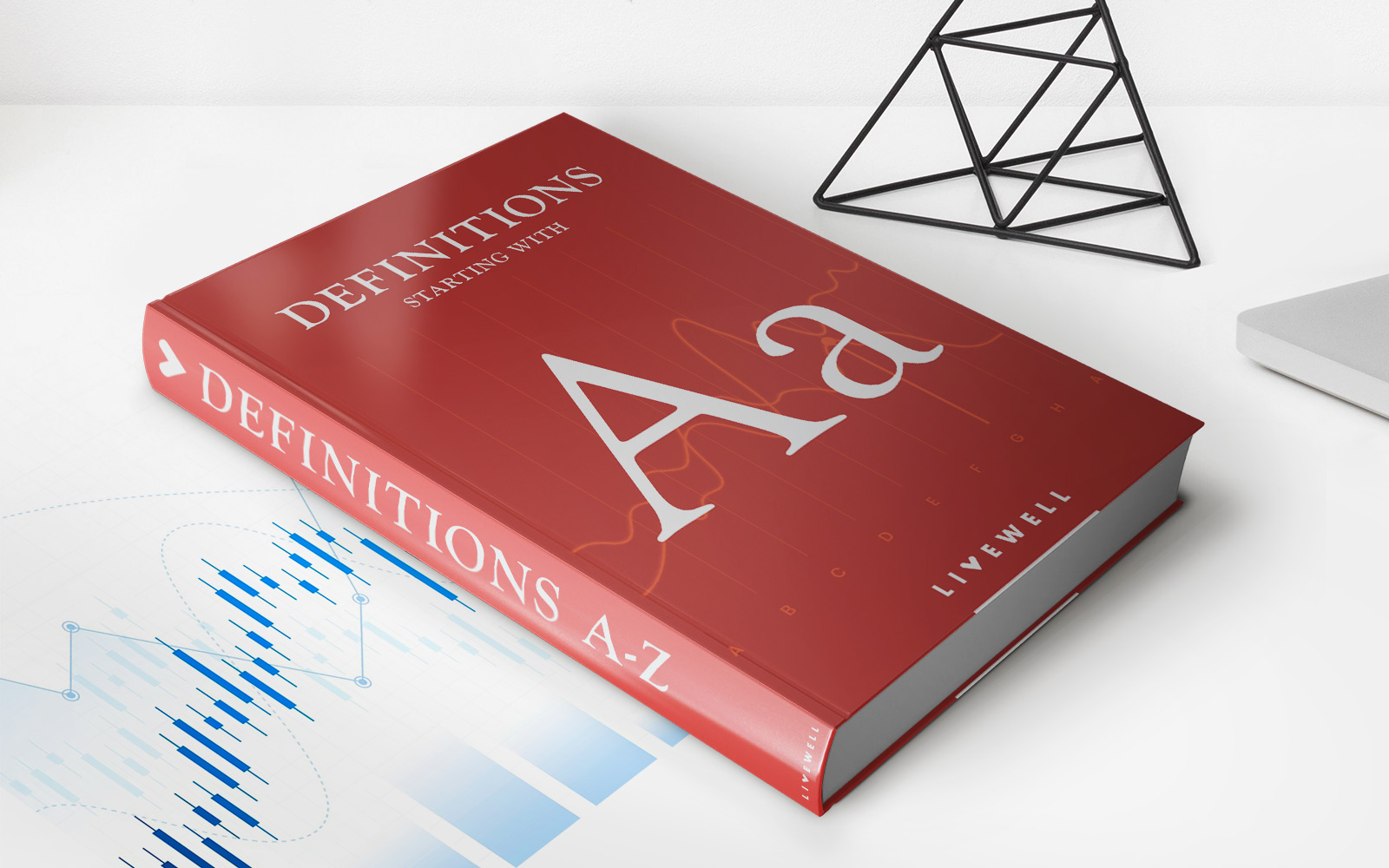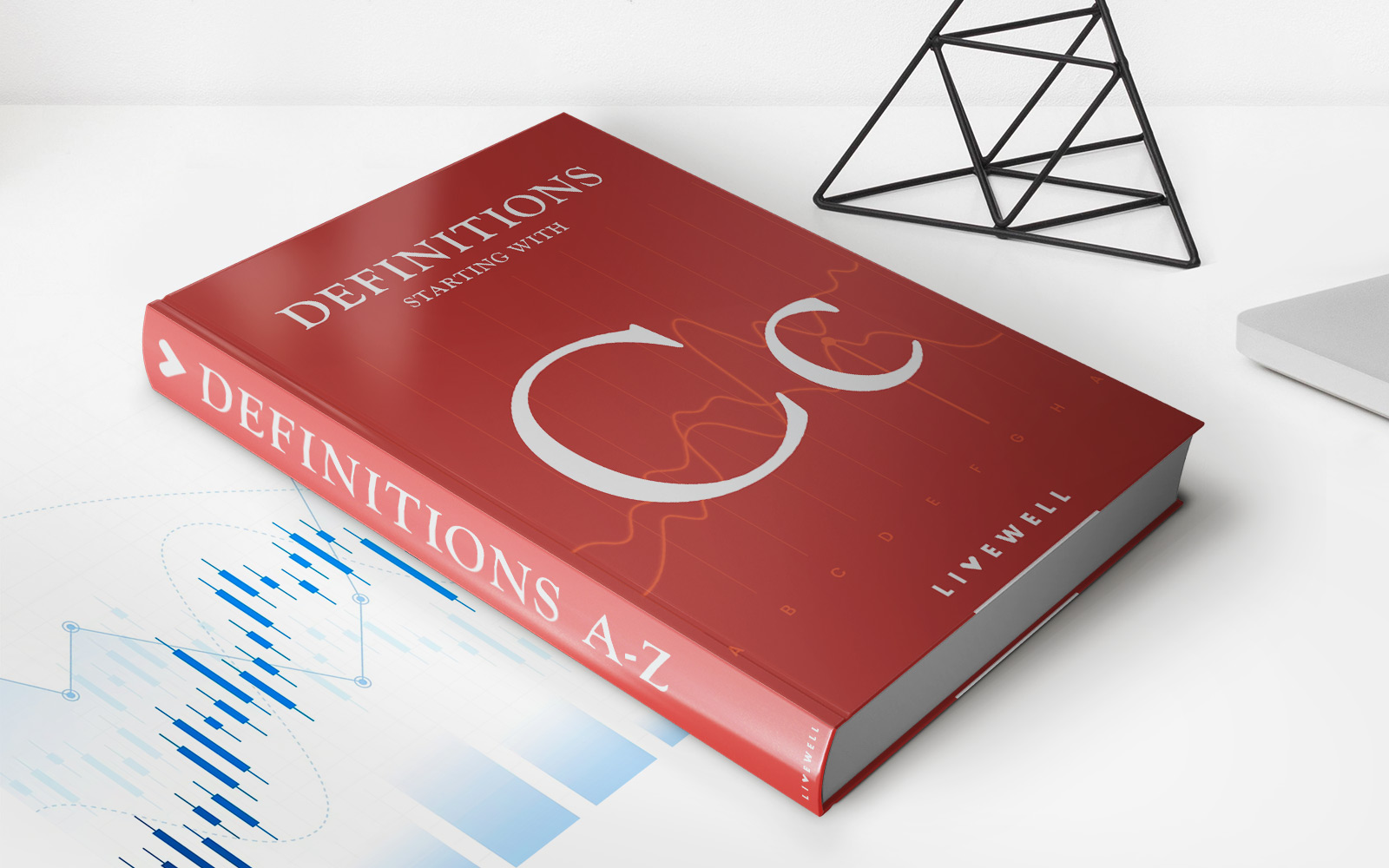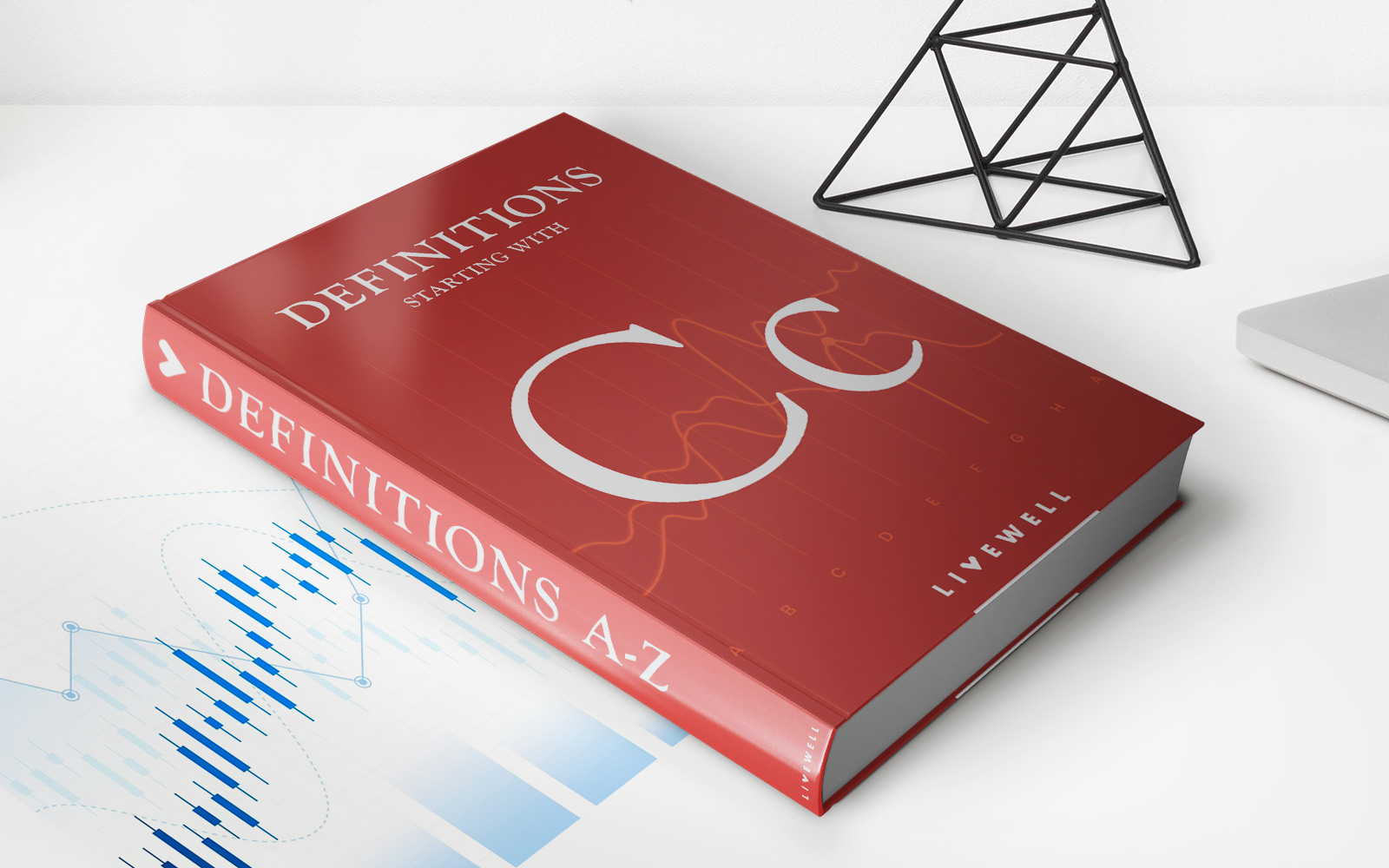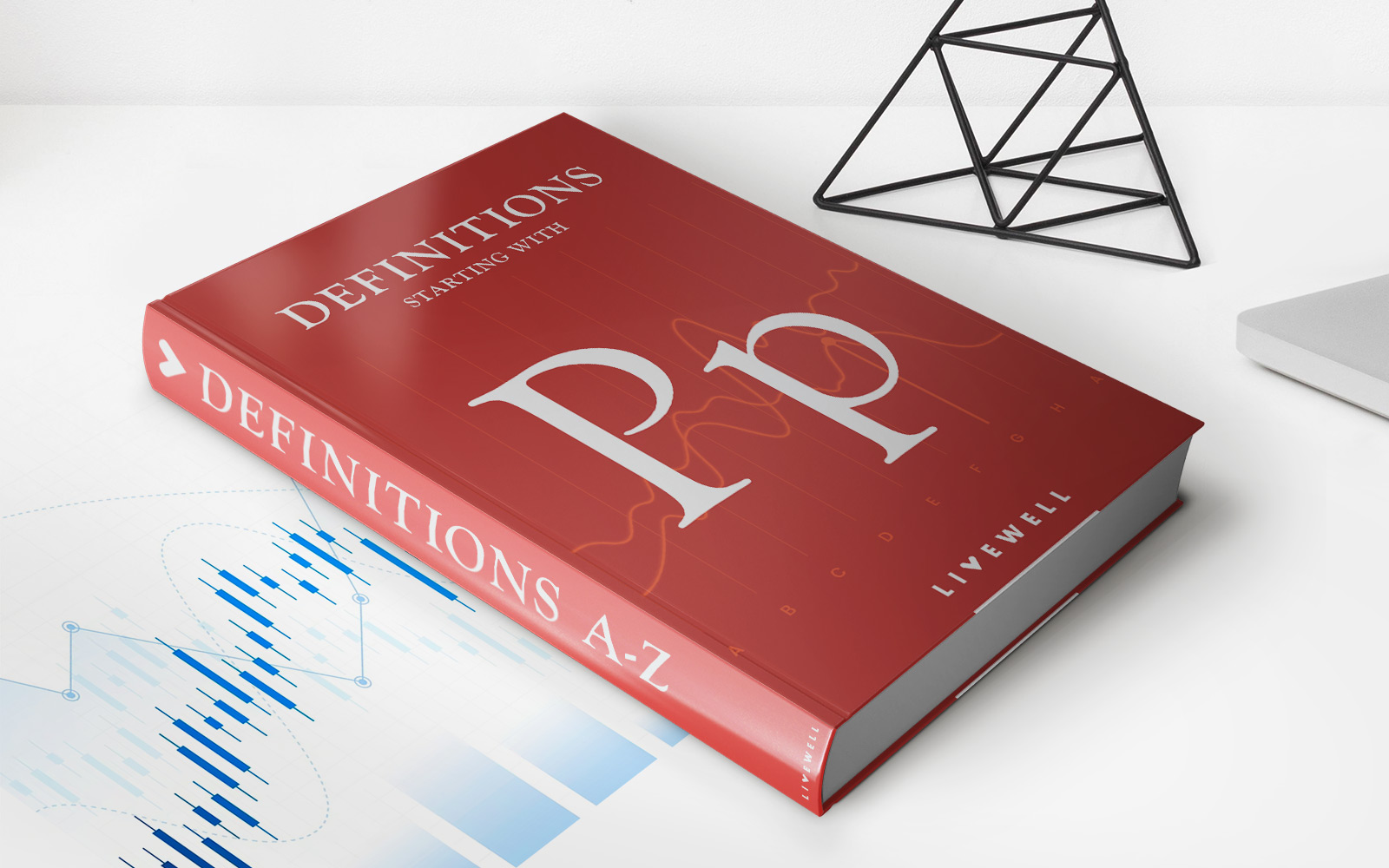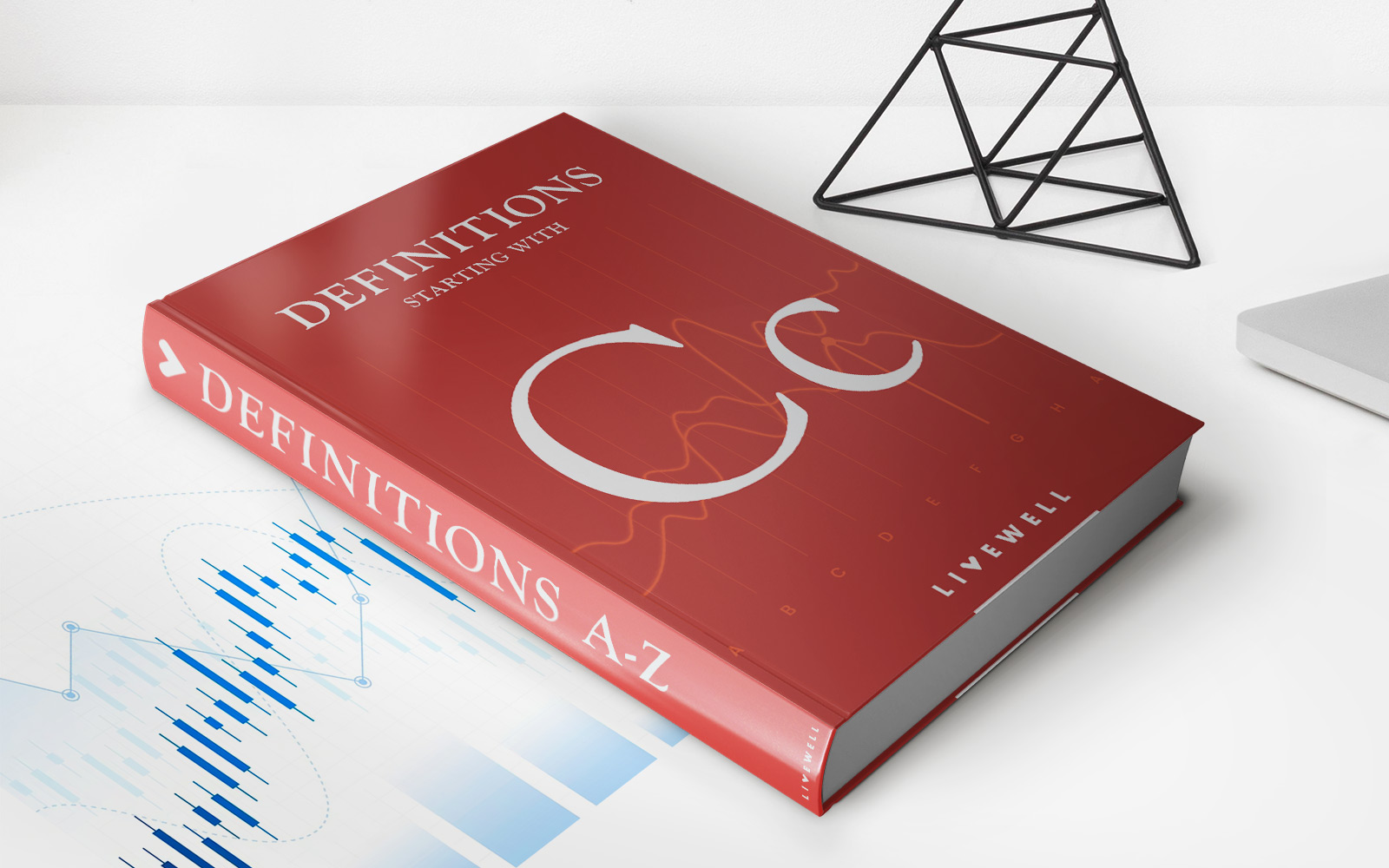

Finance
Cross Currency Definition & Example
Published: November 5, 2023
Learn about the definition and example of cross currency in finance. Explore how it impacts international transactions and exchange rates.
(Many of the links in this article redirect to a specific reviewed product. Your purchase of these products through affiliate links helps to generate commission for LiveWell, at no extra cost. Learn more)
Cross Currency: Exploring its Definition and Example
Welcome to our Finance category! Today, we will take a closer look at the concept of cross currency. If you’ve ever wondered how different currencies interact and affect international transactions, buckle up because we’re about to dive into the fascinating world of cross currency.
Key Takeaways:
- Cross currency refers to a currency pair that does not include the US dollar.
- Understanding cross currency is crucial for international businesses, travelers, and investors.
In simple terms, cross currency can be defined as a currency pair that does not involve the US dollar. Traditionally, most foreign exchange transactions involve the use of the US dollar as a base currency. However, in the case of cross currency, two non-US currencies are directly exchanged with each other.
Let’s take a hypothetical example to understand cross currency better. Imagine you are a business owner based in the United Kingdom, and you wish to import supplies from Japan. Both the UK and Japan have their respective currencies, the British pound (GBP) and the Japanese yen (JPY). Instead of converting GBP to USD and then USD to JPY, you can directly convert GBP to JPY, cutting down on conversion costs and potential fluctuations in the exchange rate.
Now that we understand the definition and concept of cross currency, here are a few key points to keep in mind:
- Cross currency transactions are particularly important for businesses involved in international trade. By directly exchanging two currencies, businesses can save on potential conversion fees and mitigate currency exchange risks.
- Cross currency is also relevant for travelers. When traveling to a country that does not use the US dollar, having an understanding of cross currency can help you make better currency exchange decisions and avoid unnecessary losses due to unfavorable exchange rates.
- Investors, especially those involved in the forex market, need to grasp the concept of cross currency to navigate the complexities of currency pairs and enhance their investment strategies.
In conclusion, cross currency plays a vital role in international business, travel, and investment. By directly exchanging two non-US currencies, individuals and organizations can streamline transactions and reduce costs. Whether you are running a multinational company, planning a trip abroad, or exploring investment opportunities, having a grasp of cross currency will undoubtedly benefit you in the world of finance.
